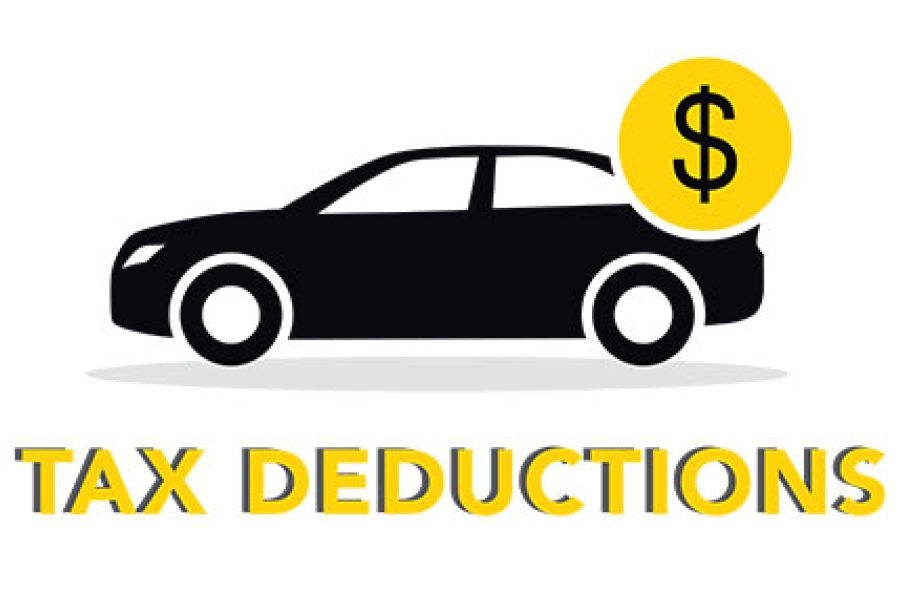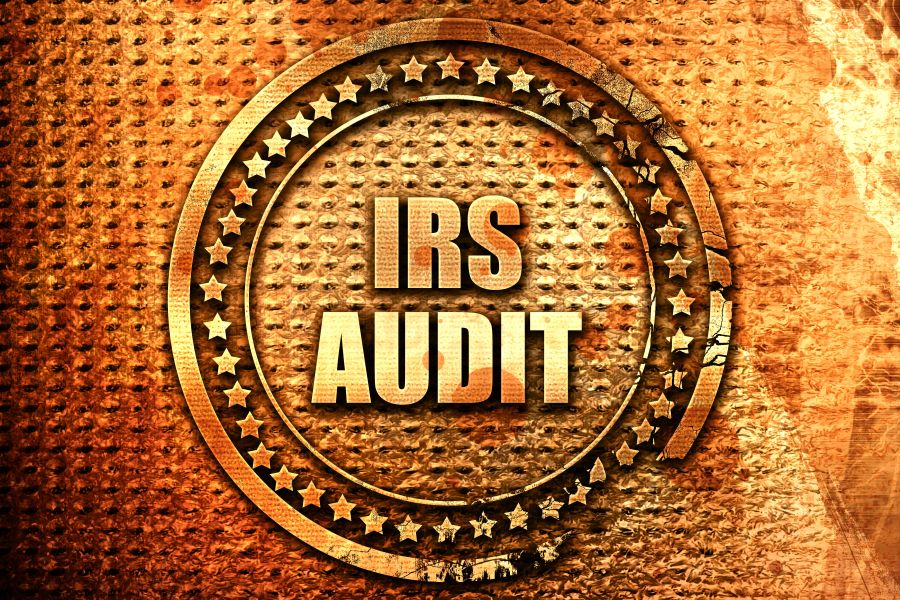Medicare health insurance premiums can add up to big bucks — especially if you’re upper-income, married, and you and your spouse both pay premiums. Read on to understand how taxes fit in. Premiums for Part B coverage Medicare Part B coverage is commonly called Medicare medical insurance. Part B mainly covers doctors’ visits and outpatient services. Eligible individuals must pay monthly premiums for this benefit. Medicare is generally for people 65 or older. It’s also available earlier to some people with disabilities, and those with end-stage renal disease and ALS. The monthly premium for the current year depends on your modified adjusted gross income (MAGI), as reported on your Form 1040 for two years earlier. MAGI is the adjusted gross income (AGI) number on your Form 1040 plus...

If you’ve reached age 70½, you can make cash donations directly from your IRA to IRS-approved charities. These qualified charitable distributions (QCDs) may help you gain tax advantages. QCD basics QCDs can be made from your traditional IRA(s) free of federal income tax. In contrast, other traditional IRA distributions are wholly or partially taxable, depending on whether you’ve made nondeductible contributions over the years. Unlike regular charitable donations, you can’t claim itemized deductions for QCDs. That’s OK because the tax-free treatment of QCDs equates to a 100% deduction. To be a QCD, an IRA distribution must meet the following requirements: It can’t occur before you’re age 70½. It must meet the normal tax-law requirements for a 100% deductible charitable donation. It must be a distribution that would otherwise be...
Inflation can have a significant impact on federal tax breaks. While recent inflation has come down since its peak in 2022, some tax amounts will still increase for 2025. The IRS recently announced next year’s inflation-adjusted amounts for several provisions. Here are the highlights. Standard deduction. What does an increased standard deduction mean for you? A larger standard deduction will shelter more income from federal income tax next year. For 2025, the standard deduction will increase to $15,000 for single taxpayers, $30,000 for married couples filing jointly and $22,500 for heads of household. This is up from the 2024 amounts of $14,600 for single taxpayers, $29,200 for married couples filing jointly and $21,900 for heads of household. The highest tax rate. For 2025, the highest tax rate of...
The Inflation Reduction Act (IRA), enacted in 2022, created several tax credits aimed at promoting clean energy. You may want to take advantage of them before it’s too late. On the campaign trail, President-Elect Donald Trump pledged to “terminate” the law and “rescind all unspent funds.” Rescinding all or part of the law would require action from Congress and is possible when Republicans take control of both chambers in January. The credits weren’t scheduled to expire for many years, but they may be repealed in 2025 with the changes in Washington. If you’ve been thinking about making any of the following eligible purchases, you may want to do it before December 31. Home energy efficiency improvements Homeowners can benefit from several tax credits for making energy-efficient upgrades to their homes....
Employee stock options remain a potentially valuable asset for employees who receive them. For example, many Silicon Valley millionaires got rich (or semi-rich) from exercising stock options when they worked for start-up companies or fast-growing enterprises. We’ll explain what you need to know about the federal income and employment tax rules for employer-issued nonqualified stock options (NQSOs). Tax planning objectives You’ll eventually sell shares you acquire by exercising an NQSO, hopefully for a healthy profit. When you do, your tax planning objectives will be to: 1. Have most or all of that profit taxed at lower long-term capital gain rates. 2. Postpone paying taxes for as long as possible. Tax results when acquiring and selling shares NQSOs aren’t subject to any tax-law restrictions, but they also confer no special tax advantages. That...
Hiring household help, whether you employ a nanny, housekeeper or gardener, can significantly ease the burden of childcare and daily chores. However, as a household employer, it’s critical to understand your tax obligations, commonly called the “nanny tax.” If you hire a household employee who isn’t an independent contractor, you may be liable for federal income tax and other taxes (including state tax obligations). If you employ a household worker, you aren’t required to withhold federal income taxes from pay. But you can choose to withhold if the worker requests it. In that case, ask the worker to fill out a Form W-4. However, you may be required to withhold Social Security and Medicare (FICA) taxes and to pay federal unemployment (FUTA) tax. 2024 and 2025 thresholds In...
When you think about tax deductions for vehicle-related expenses, business driving may come to mind. However, businesses aren’t the only taxpayers that can deduct driving expenses on their returns. Individuals may also be able to deduct them in certain circumstances. Unfortunately, under current law, you may be unable to deduct as much as you could years ago. How the TCJA changed deductions For years before 2018, miles driven for business, moving, medical and charitable purposes were potentially deductible. For 2018 through 2025, business and moving miles are deductible only in much more limited circumstances. The changes resulted from the Tax Cuts and Jobs Act (TCJA), which could also affect your tax benefit from medical and charitable miles. Before 2018, if you were an employee, you potentially could deduct...
As the end of the year approaches, many people start to think about their finances and tax strategies. One effective way to reduce potential estate taxes and show generosity to loved ones is by giving cash gifts before December 31. Under tax law, you can gift a certain amount each year without incurring gift taxes or requiring a gift tax return. Taking advantage of this rule can help you reduce the size of your taxable estate while benefiting your family and friends. Taxpayers can transfer substantial amounts, free of gift taxes, to their children or other recipients each year through the proper use of the annual exclusion. The exclusion amount is adjusted for inflation annually, and in 2024 is $18,000. It covers gifts that an individual makes to...
Let’s say you have an unincorporated sideline activity that you consider a business. Perhaps you offer photography services, create custom artwork or sell handmade items online. Will the IRS agree that your venture is a business, not a hobby? It’s an essential question for tax purposes. If the expenses from an activity exceed the revenues, you have a net loss. You may think you can deduct that loss on your personal federal income tax return with no questions asked. Not so fast! The IRS often claims that money-losing sidelines are hobbies rather than businesses — and the federal income tax rules for hobbies aren’t in your favor. TCJA made tax rules worse Old rules: Before the TCJA rules kicked in in 2018, if an activity was deemed to...
As appearing at the IRS web page entitled "IRS Audits". An IRS audit is a review/examination of an organization's or individual's books, accounts and financial records to ensure information reported on their tax return is reported correctly according to the tax laws and to verify the reported amount of tax is correct. Why am I being selected for an audit? Selection for an audit does not always suggest there's a problem. The IRS uses several different selection methods: Random selection and computer screening - sometimes returns are selected based solely on a statistical formula. We compare your tax return against "norms" for similar returns. We develop these "norms" from audits of a statistically valid random sample of returns, as part of the National Research Program the IRS conducts....











